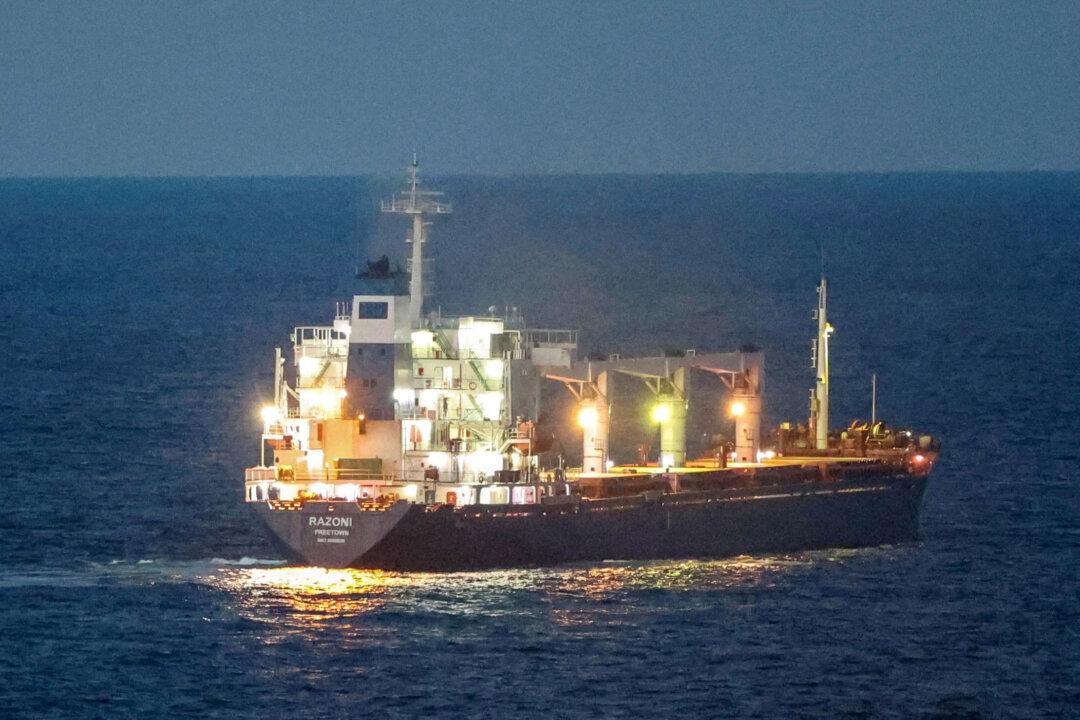The Russia–Ukraine grain deal that facilitates export of Ukrainian agricultural exports via Black Sea ports has been extended by 120 days, according to Russia, Turkey, Ukraine, and the United Nations.
“I welcome the agreement by all parties to continue the Black Sea Grain Initiative to facilitate the safe navigation of export of grain, foodstuffs and fertilizers from Ukraine,” U.N. Secretary-General António Guterres wrote in a statement on Twitter.





